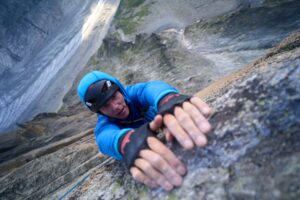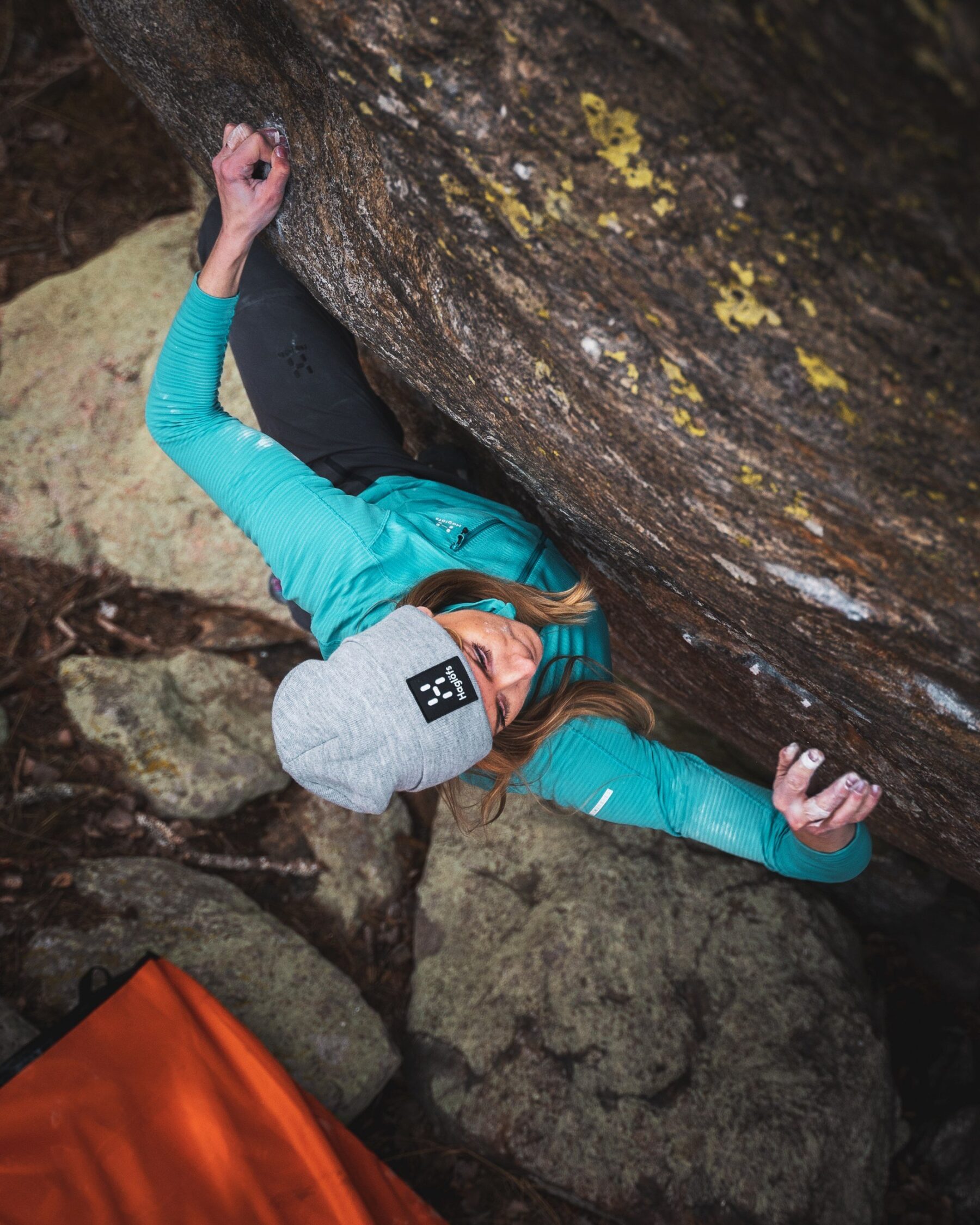Home Story Mental Mountains: Depression and Climbing
Mental Mountains: Depression and Climbing
Feature type Story
Read time 12 mins
Published Feb 02, 2023
Author Matt Glenn
Photographer Hamish Frost
The outdoors can provide a sanctuary for mental health: a space to switch off, disconnect, reconnect, blow-off steam and quieten the mind. But cultivating a healthy mind isn’t always so simple and spending time outside certainly isn’t a cure-all solution. As a climber and skier, Matt Glenn is at home in big alpine environments and has been fortunate enough to chase his passion around the world, from the French Alps to the Greater Ranges. In Mental Mountains, Matt compiles his experiences with mental health over the last couple of years, candidly sharing his experiences battling with depression and subsequently the positive changes he’s made to create change in his life.
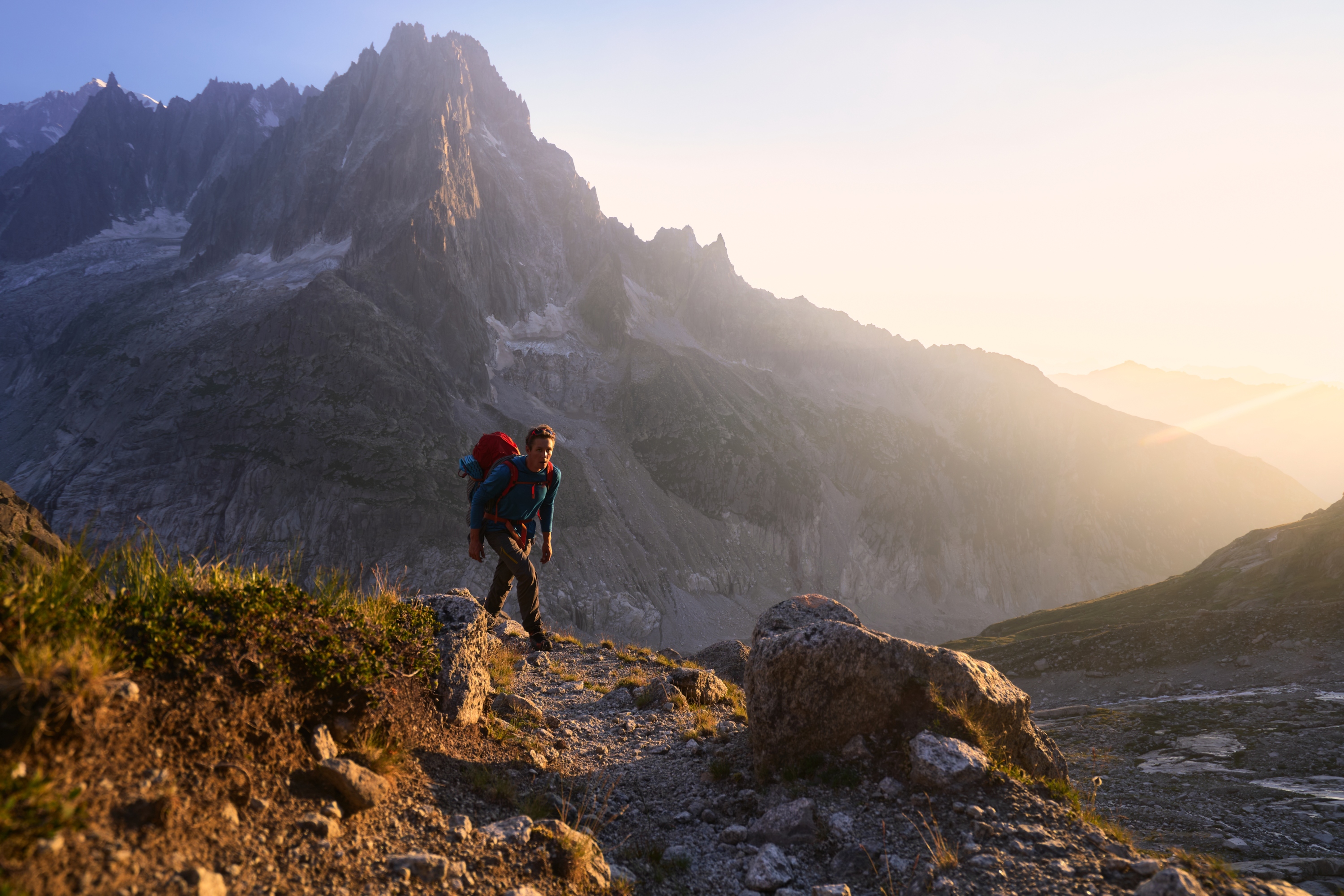
‘Why do people put a hose on their exhaust and put it in a car window? There are far more efficient and less grim ways to kill yourself.’
This was how my mind drifted along at 4am as I lay on the sofa trying to sleep. We were staying somewhere in Scotland, and I had been drinking and watching Netflix with my brother. I was with my family, I had everything I needed to be content and happy, but I couldn’t keep my mind away from casually leafing through the options of how I could best escape the obligation to exist. The crux of it is, finding a way that doesn’t leave everyone around you thinking they could have done more, blame themselves or feel they should have seen it coming.
I lay there in the dark and wrote a note on my phone, trying to articulate the great anvil of dark clouds building in my head:
It’s getting harder to keep the fear and despair down, it’s all I have. Moments of pretending, between the slowly gathering darkness that threatens to consume me every time I stop to think. It stalks me every day and grows until it will not be ignored. I’ve let it fester and rot in my head. Let the idea bed-in like a tick until it’s too swollen and grotesque to ignore and I must act now or be overrun with disease. I want to go without ceremony or noise, just a vacuum, a space where nothing used to exist.
A few months later, my body sore from climbing and post-climb celebrations, I stumbled slowly towards Lukla, Nepal. As the sun beat down on me, my mind wandered back to this occasion just a few months previously and my determination to find a way out of the endless obligation to remain on this planet. I realised that determination had dissipated, not instantly or fully but something had changed. It had taken me the previous three weeks of sitting with myself, to finally get sick of talking myself into a desperate dark oblivion. I decided I wanted to change. I wanted to get better, really get better.
Five months later, I sat again in Chamonix, unmotivated and frustrated. The sun was shining, but my clouded mind had decided that drinking alone in a dark room forever was the best course of action. Nothing was exciting or engaging, I had nothing to offer the outside world but indifference and apathy. Nothing had changed since my epiphanies in Nepal. I was back in the same pit once again.
My life has been punctuated by periods like this. Moments of extreme highs quickly overshadowed by desperate lows brought on by what I now know is and was depression. It follows that I have been trying to write this short piece for around two years. When I feel motivated words come easily and I enjoy the idea that my thoughts might resonate with others – perhaps encourage them or motivate them to make necessary change. But most of the time, I just have nothing to say. Even if I did, I couldn’t summon the energy to put it down on paper.
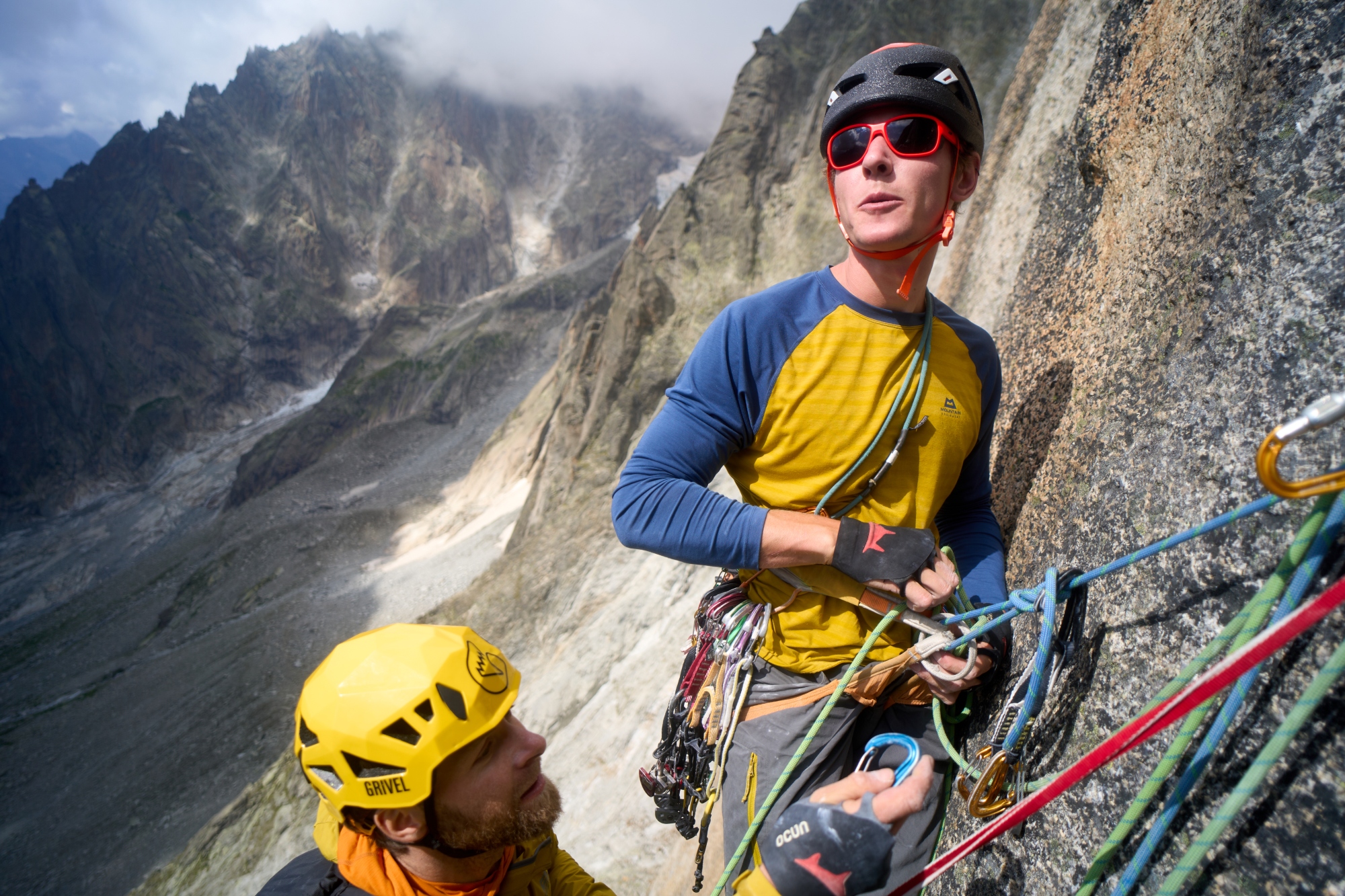
Depression
It’s a word I have heard and used often and flippantly when referring to other people – friends, family and acquaintances. It comes so naturally to me to listen, console or offer advice and direction, but to say the words ‘I think I might be depressed’ has taken me two years. Really more like fourteen but two years in the grip of regular depressive episodes, the type that makes me dangerous, to myself and to other people. The danger to others is not violence, but slow exhausting sadness which seeps from my very being into those around me. The type of talk that over time permeates into the most resilient of minds. My constant refrain that it’s all pointless anyway had started to really take hold and I had actually started to hear it repeated back to me. This was one of the many recent wake up calls.
The danger to myself is somewhat more immediate: self-harm, self-loathing and increasingly suicidal thoughts. Years have slipped by while I told others to seek help, to talk and be open. Meanwhile I continued to fully believe that carrying the same depth of sorrow that I did was simply a part of being human. The mental war of attrition I had waged against myself resulted in my conviction that self-harm was a good way to cope with those emotions. ‘It’s better than the alternative’, I would say, laughing as the jarring words tumbled out of my mouth. Reflecting on these moments I baulk at how easily I joked about such a deeply flawed coping mechanism.
‘Indeed the safest road to Hell is the gradual one – the gentle slope, soft underfoot, without sudden turnings, without milestones, without signposts.’ – C.S. Lewis
Although Lewis is referring to the Christian Hell, these words are strikingly effective in describing my own experience of the road that led me to depression. I was unaware of just how gradually my thought patterns had become toxic, how much the default phrases, words and beliefs had built to a bleak cacophony of negativity. I imagine my thoughts over the years as a symphony – notes rising and falling, gradually darkening and swelling. Increasingly the composer weaves in more minor notes to sharpen the warming majors. The melody and instruments swirl and build, moments of joy, fast paced and light, stopping abruptly followed by quiet, slow drawn out notes on the cello. Mercifully this piece did not reach the terrible clamouring crescendo and screeching halt with which it could so easily have done and does for all too many others.
My life has been punctuated by periods like this. Moments of extreme highs quickly overshadowed by desperate lows

But You’re Always Happy
The response I often get from people when I make myself vulnerable and speak about the reality behind my guise of carefree enthusiasm. Of course I do, don’t most people hide the majority of what they feel? Aren’t we all well practised at putting on a facade that the world can deal with daily? My experience has been that as long as I stay distracted and surrounded, I am safe from those thoughts. God forbid I should be alone for enough time to think. Repeatedly I have conversations with people I assumed to have it all together only to find they have battled hard or are still in the throes of dealing with something which I’d never have guessed at.
It’s too easy to believe the happy-go-lucky performance played out each day by many of my closest friends. We have become talented method actors, taking on a role until we cannot separate it from our true selves. Paradoxically, we hear that we are in a major mental health crisis at the moment, whether this is truly the case or not I don’t know. It certainly seems that throughout the pandemic, the isolation and stress associated with Covid has pushed people to despair and anxiety. I do think that part of this tidal wave is a real representation of our own willingness to talk about the parts of our lived experience that previously would have been considered a weakness. So these two intertwined realities exist: increased openness about our mental health but a seemingly endless ability to carry ourselves day-to-day, in a way that suggests nothing is wrong.
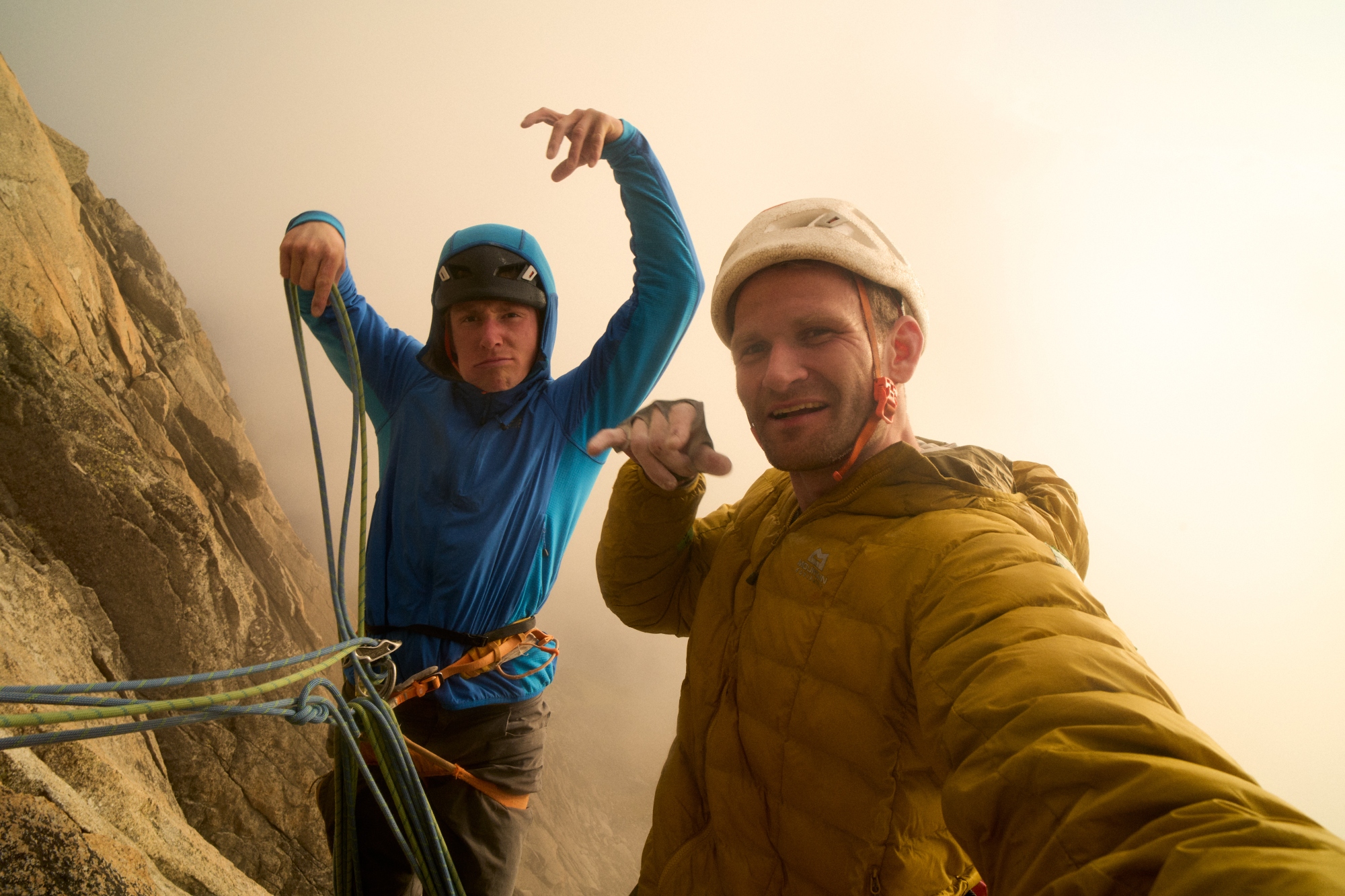
Climbing
There are a myriad of professional climbers willing to speak openly about their journey with their mental health. The likes of Dave Macleod seem to have dealt with depression and still attained levels of discipline and mastery that most of us could only dream of. Conversely, there are other top climbers and alpinists that I know simply do not experience the same depth of emotion that some of us encounter almost daily.
It’s interesting that the decline of my mental health seems to have followed the increase in the amount of climbing I’ve done. Although this seems contrary to the rise in nature as a fix-all for mental health issues. There are a plethora of factors that will have been influential in regards to the decline of my self-worth, my thought has always been that spending time in the mountains would be beneficial and could only bring me closer to a stable and positive mental attitude about myself and life generally. It’s very possible that, in fact, climbing full-time, having no structure and very little money isn’t all it’s cracked up to be!
Our outward and online persona never paints the full picture. It’s a minute sliver of reality which we allow the world to see. We parade our successes and good days around online, showing only the bits that affirm how well we are doing. Reality is rarely as sublime as the filters, editing and camera angles would have us believe.
It’s very possible that, in fact, climbing full-time, having no structure and very little money isn’t all it’s cracked up to be!
Several months ago, I went on a climbing trip to Nepal; my friend Tom Livingstone and I had an incredible experience and it produced some good photos and a short film. The reality for me throughout the trip however was a constant mental battle to even want to be there.
As we walked towards our basecamp teahouse for the month, I wonder how Tom stays so positive all the time. Here I am battling to keep myself from slipping into the depths of sadness and self-loathing again… While Tom is struggling to contain his unbridled energy, I am trying desperately to contain the despair which threatens to consume me. I can’t break now, I need to push it down, I have to stay afloat.
– From my Nepal expedition notebook 2021.
My first experience of climbing in the Himalayas was something I had been working towards and dreaming about since I started climbing. I can’t say my whole life revolved around it, but I believed that this was where I could excel and would truly find my niche in climbing. Not a particularly strong rock climber, I had always imagined that I would be able to make my mark in the bigger mountains because it requires more than out and out strength or skill. I imagined that the mental fortitude I believed I had would see me through big expeditions on remote peaks and I could be proud of how I handled myself in this arena. Somehow, here I was, on my first foray into the Greater Ranges, trying to convince myself that I even wanted to be there. When I say there, it was beyond not wanting to be on expedition, I just didn’t want to exist anymore.
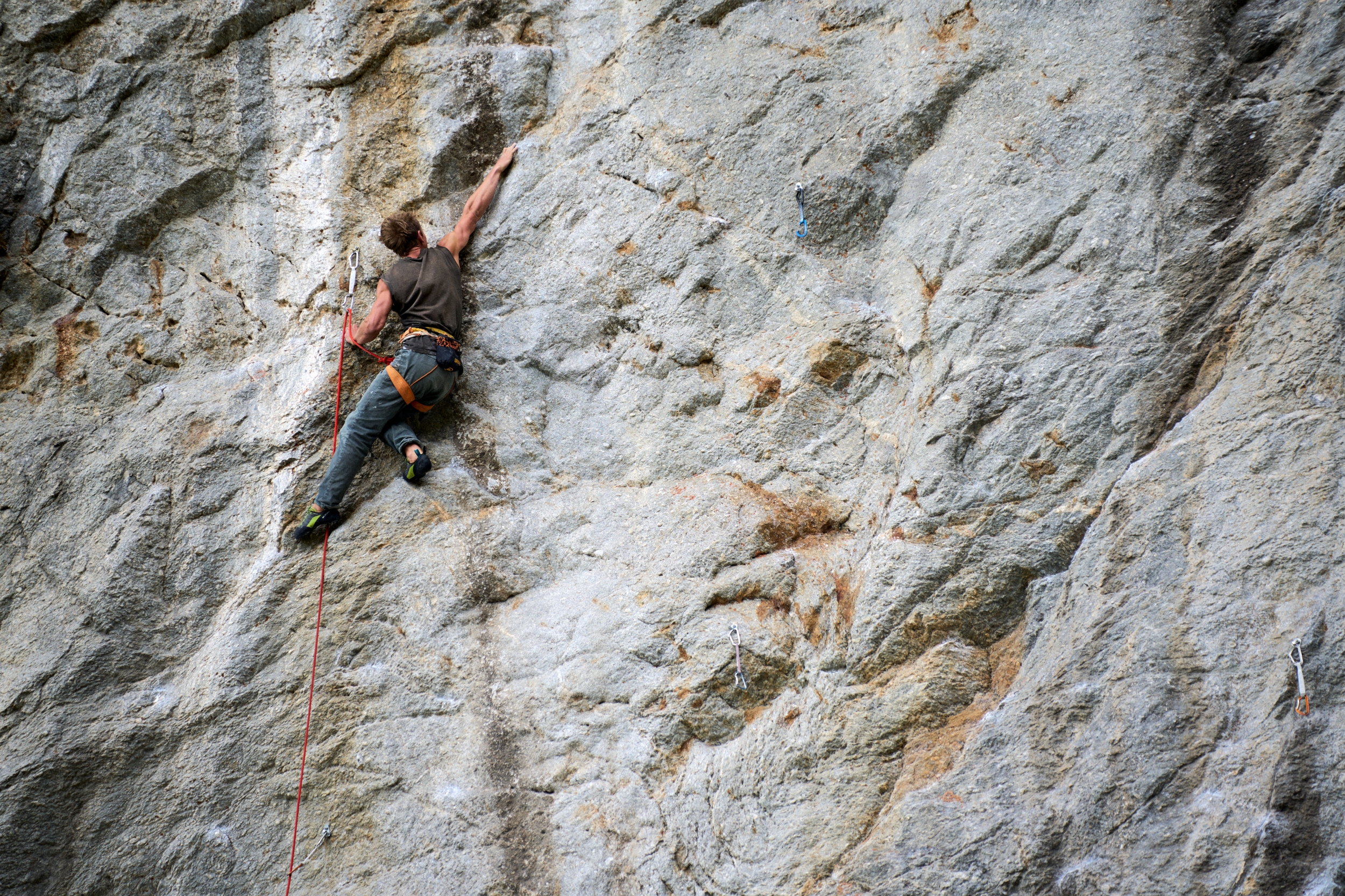
So what? Why invite everyone to share some of my most intimate and previously most guarded thoughts?
I know my experience is not isolated, articles by Sonya Pevzner, Ben Silvestre and Dave Macleod speak candidly of their experiences with depression. It almost feels unnecessary to add my voice to those of other climbers all of whom have articulated their thoughts so eloquently.
However, for me, normalising talking about the reality behind the mask feels like a good way to start to make the changes that I want to see in an uneasy world. Any time I have alluded to this type of thing online, I get messages from people I wouldn’t expect saying how they have been battling with one mental illness or another. Asking what my coping strategies are or just expressing that it’s good to see some real talk for once. If all these words do is start conversations and one of those conversations leads to someone acknowledging they need to make changes, then I am glad to have been open about this.
Here I was, on my first foray into the Greater Ranges, trying to convince myself that I even wanted to be there
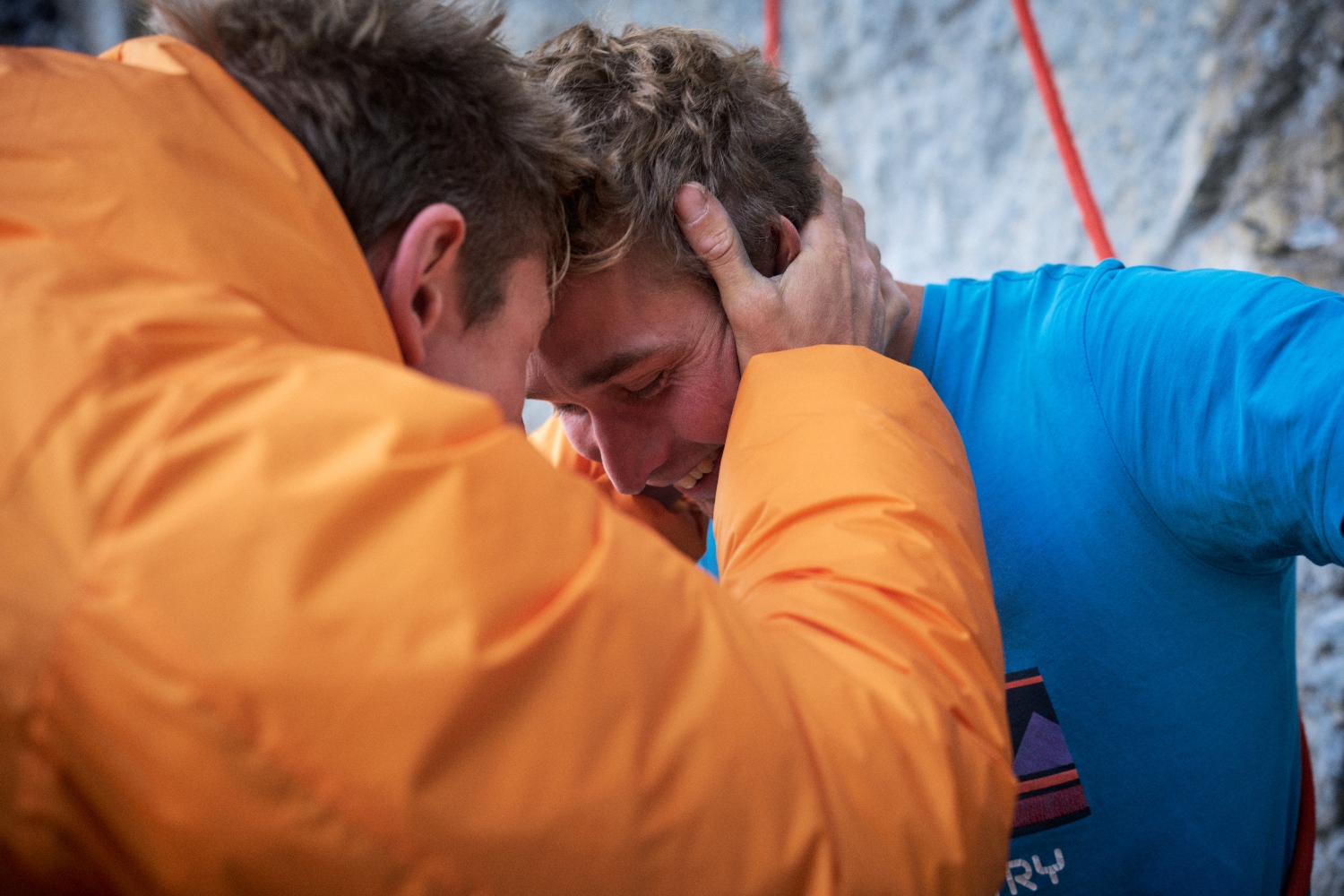
Beyond Depression
I’ve been taking antidepressants for about five months now and I don’t believe they are a long-term solution or a silver bullet. However, they have changed my life, they have shown me that I was ill. Like antibiotics going to war on infection, the drugs immediately began to balance the chemicals in my brain. Within days I felt a rush of enthusiasm, I felt excitement again – an emotion I thought I had lost completely. I wanted to see people, cook, engage and most of all I wanted to climb again.
For months at a time, maybe years, I had been acting, pretending I cared about people, pretending I wanted to go climbing, pretending I wanted to keep living. But pretending affects other people, being on autopilot is not the same as taking the wheel, sincerity is lacking in interactions but only those who know you best notice. I was lucky enough to have someone in my life who wasn’t afraid to tell me that I needed to make changes. I procrastinated hard, made excuses, employed diversion tactics which worked well for a while. I made it so that I didn’t actually have to confront anything or do the work on myself. Finally, I caved and went to counselling.
Three months ago, I had my first session and one month down the line, I started taking antidepressants. For the first time in my adult life I felt stable, happy and able to deal with the idea of a future beyond the next big route in the mountains. The twists and turns of the mental journey are many and although the trajectory trends up, taking antidepressants hasn’t been the solution. It feels more like a temporary ceasefire on the war in your head, to allow time to find a real and lasting solution.
The journey or outcome will likely be different for any other person, this is just my experience and outcome so far. All I can say is that it’s been a fight, and one which I know many people are going through each day. So look out for the people around you, even if they seem okay, we’re mostly good at hiding feelings, especially from ourselves.
Help to Talk
By talking about the mental health battles within our community, we hope we can normalise these types of conversations, which can ultimately improve the quality of life for everyone around us. If you think you or someone you know might be struggling with their own mental health battles, why not reach out to one of the following groups for support or consider donating to their cause:
The Samaritans
A registered charity aimed at providing emotional support to anyone in emotional distress, struggling to cope, or at risk of suicide throughout the United Kingdom and Ireland.
Black Dog Outdoors
A platform dedicated to reconnecting people with the outdoors to improve mental health and well-being.
Mind
Providing advice and support for anyone struggling with mental health and campaigning to improve policy and services across the UK.
Problem Shared
Online platform deigned to provide access to the highest quality of care for individuals and institutions seeking mental healthcare.
This piece first appeared in issue 09 of BASE magazine. To be the first to read the latest from BASE, be sure to subscribe for FREE and get each print magazine delivered directly to your door.
Don’t miss a single adventure
Sign up to our free newsletter and get a weekly BASE hit to your inbox
You might also like

Photo Essay • BASE editorial team • Mar 18, 2024
Hunting happiness through adventure in Taiwan
BASE teams up with adventurer Sofia Jin to explore the best of Taiwan's underrated adventure scene.
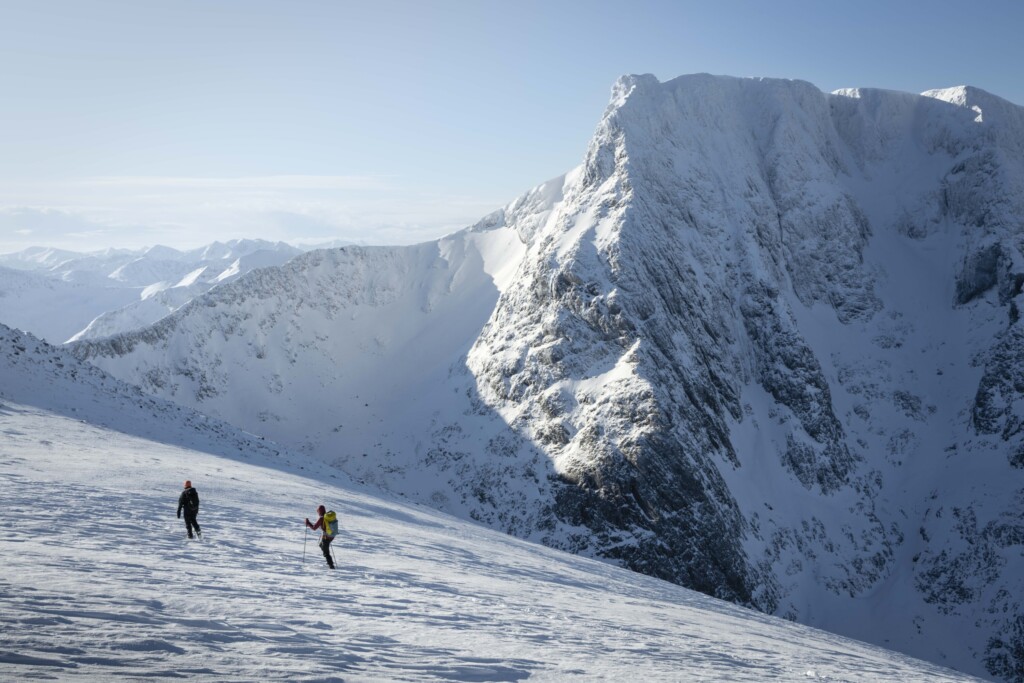
Story • BASE editorial team • Nov 21, 2023
Five Epic UK Climbs You Should Try This Winter
Craving a snowy mountain adventure? Inspired by the Garmin Instinct 2 watch (into which you can directly plan these routes), we've compiled a list of five of the best for winter 2023-24!


Video • BASE editorial team • Jul 04, 2023
Zofia Reych On Bouldering, Life And Neurodivergence
Climbing is a driving force in Zofia's life, but for a long time, it also seemed to be a destructive one
